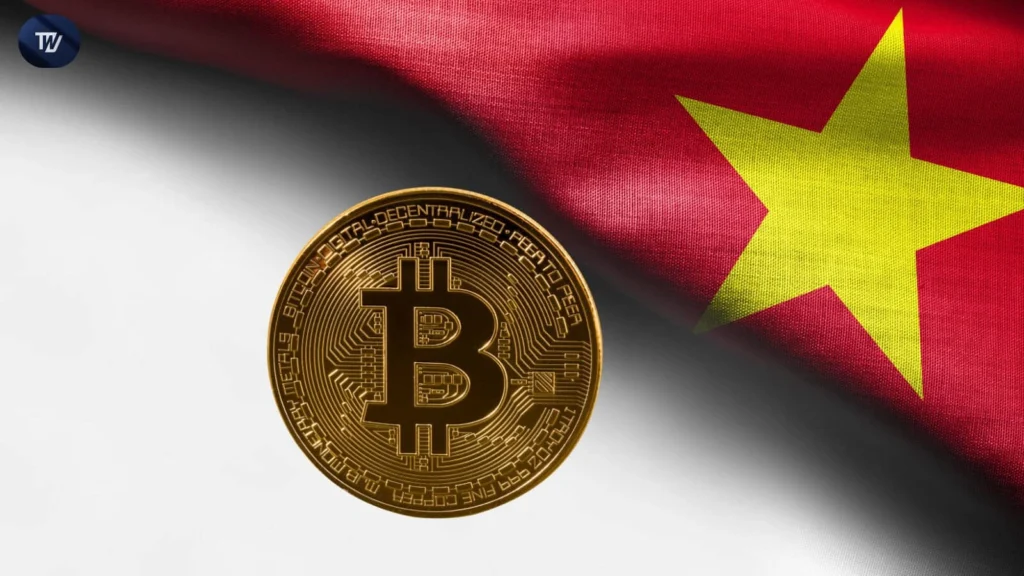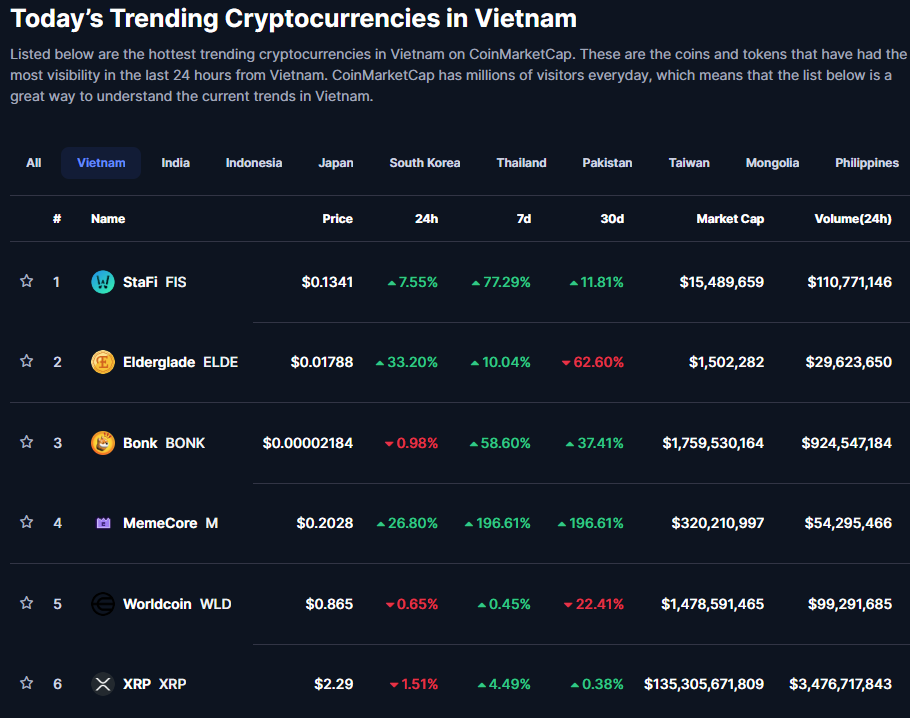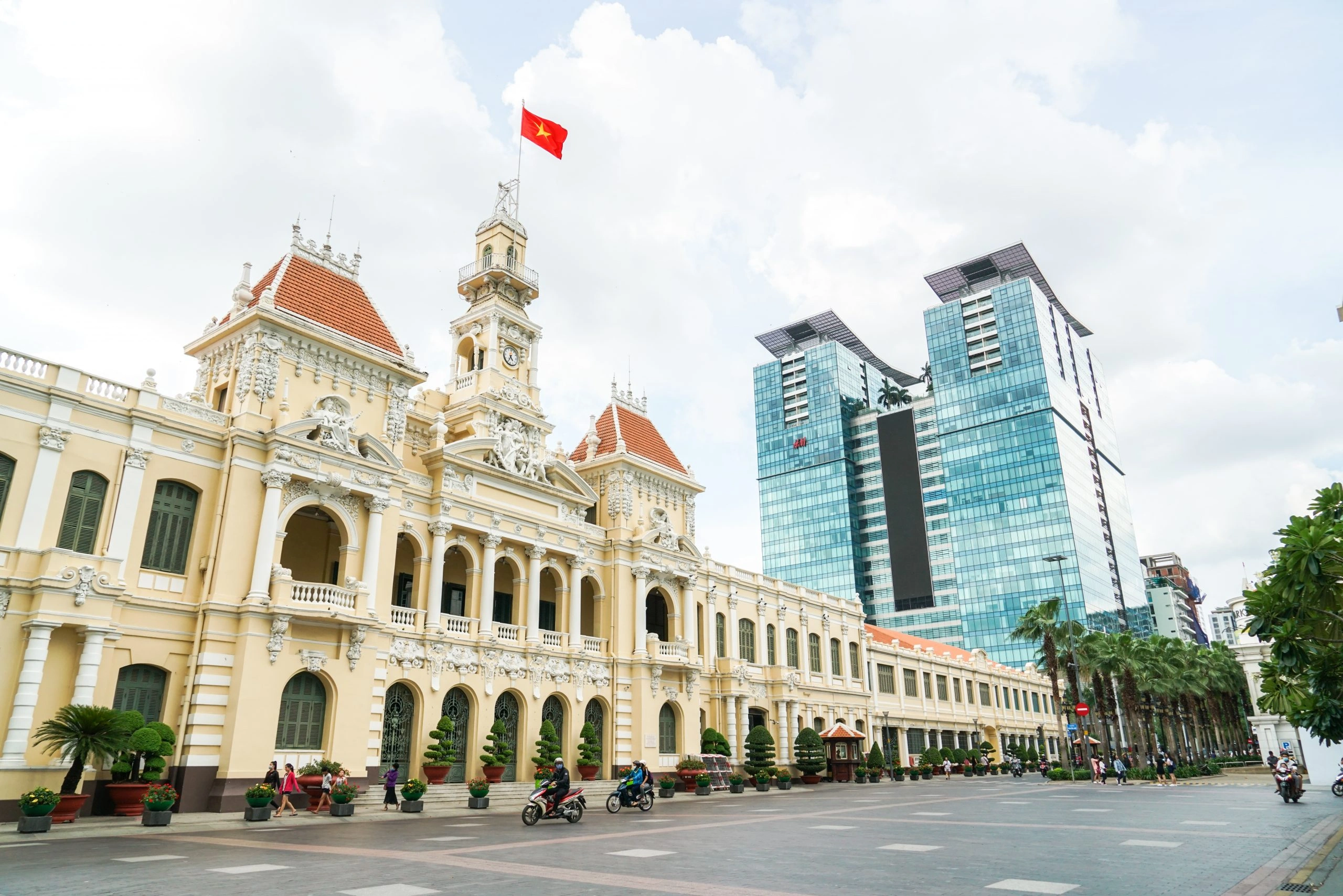What If Vietnam’s Crypto Law Hadn’t Been Passed in 2025?
What If Vietnam’s Crypto Law Hadn’t Been Passed in 2025?
In early 2025, Vietnam took a firm regulatory step with its official Vietnam crypto law, introducing structured VDA rules and licensing requirements. The move transformed a once murky digital space into something closer to a compliant, accountable marketplace.
But what if that law had never materialized? What if Vietnam continued its ambiguous stance on digital assets? It’s a question quietly discussed in tech circles and among global investors watching Vietnam’s maturing digital finance scene.
An Unregulated Crypto Market: Opportunity or Chaos?

Credit from TronWeekly
Before 2025, Vietnam’s crypto activity was vibrant—but legally unclear. Trading was tolerated, not endorsed. Projects launched quickly, platforms emerged overnight, and ordinary users bought tokens through informal channels.
Had Vietnam not passed its crypto law, this laissez-faire environment would likely have continued. Some startups might have thrived in the freedom. But risks—fraud, rug-pulls, and sudden shutdowns—would have escalated. Without VDA rules, scams could’ve surged unchecked, eroding public trust in crypto altogether.
How Vietnam Regulates Digital Assets in 2025: A Contrast Point

Credit from CoinMarketCap
Under the current Vietnam crypto law, VDAs (Virtual Digital Assets) are clearly defined. There’s a licensing system. Firms must demonstrate operational transparency and adhere to cybersecurity protocols.
If this structure didn’t exist, crypto firms would remain in limbo—operating without clarity, unable to attract institutional partnerships, and exposed to abrupt enforcement actions. Innovation might still bloom, but it would be unstable and potentially short-lived.
What About Crypto Trading Legal Status in Vietnam?

Credit from Tech in Asia
Without the legal reforms of 2025, crypto trading in Vietnam would still hover in gray territory. That ambiguity would impact not just retail users, but also exchanges, developers, and banks trying to explore blockchain use cases.
Now, traders must use licensed platforms that comply with anti-money laundering standards. In the alternate scenario, Vietnam could’ve faced increased international scrutiny or even financial blacklisting for its lack of oversight.
Would VDA Licensing Requirements Ever Arrive?
Without 2025’s regulatory breakthrough, VDA licensing requirements in Vietnam would remain undefined. New blockchain ventures would lack a pathway to legitimacy. Foreign investment might stall, and local talent could leave for more structured markets like Singapore or Japan.
On the ground, this would create uneven experiences for users—some relying on sketchy apps, others navigating policy silence and shifting enforcement. Trust in the market could erode quickly.
Real-Life Ripples: What Citizens Might Face
In places like Hanoi and Ho Chi Minh City, many users have only recently begun to understand the new crypto rules. Had the law not passed, misinformation would continue to flourish, and users would remain vulnerable to pump-and-dump schemes or platform exits.
The lack of formal VDA rules would also leave fintech entrepreneurs without legal safeguards or a framework to build within, stunting innovation from the bottom up.
A Global Perspective on Vietnam Crypto Law 2025: Reputation on the Line

Credit from Bybit Announcement
In the global crypto economy, legal clarity is a competitive edge. Without its 2025 law, Vietnam risked falling behind regional peers. The country might be seen as risky or unstable for Web3 startups—at odds with its ambition to be a digital powerhouse in Southeast Asia.
Conclusion: Why the Vietnam Crypto Law 2025 Matters More Than We Think
The Vietnam crypto law, with its clear VDA rules, didn’t just impose regulations—it offered a roadmap. A “what-if” world without it would have likely seen more chaos than progress. Licensing, legal definitions, and user protections now form the pillars of a more mature ecosystem.
As the market evolves, this law positions Vietnam not just to survive crypto’s volatility—but to shape it in its own terms.




